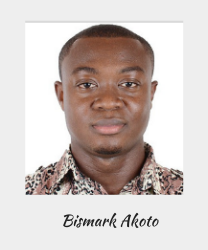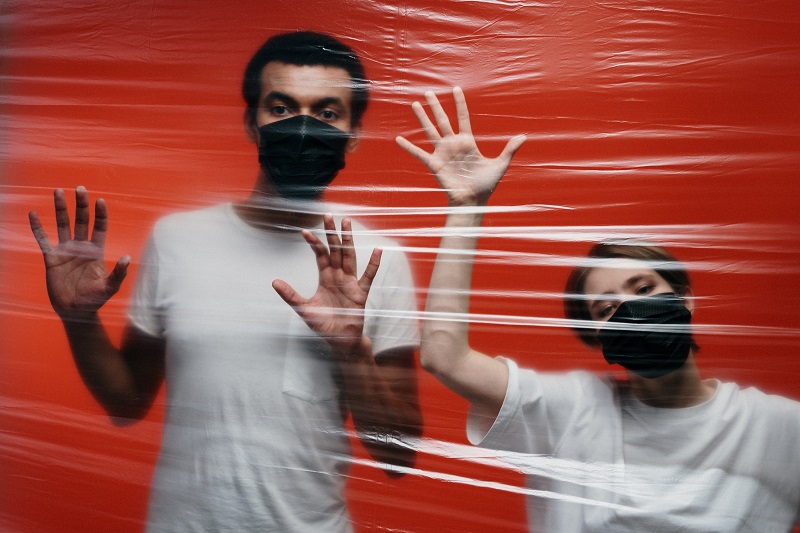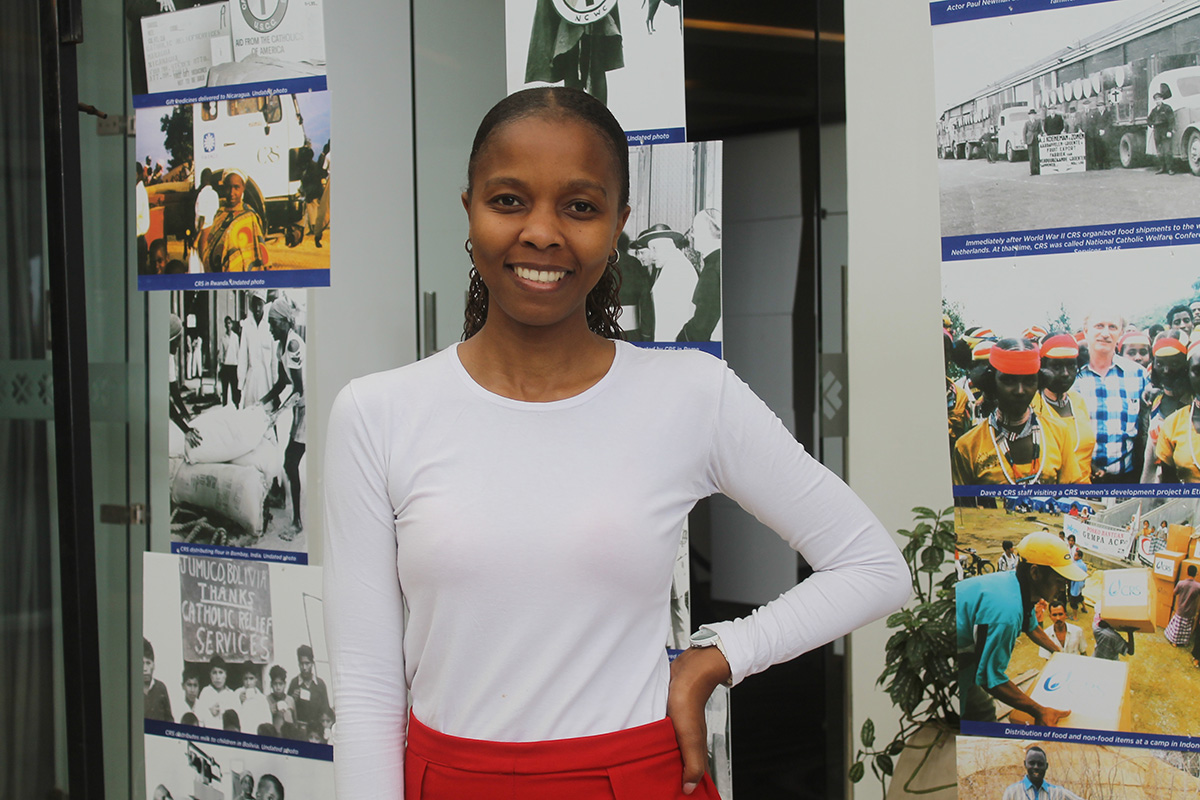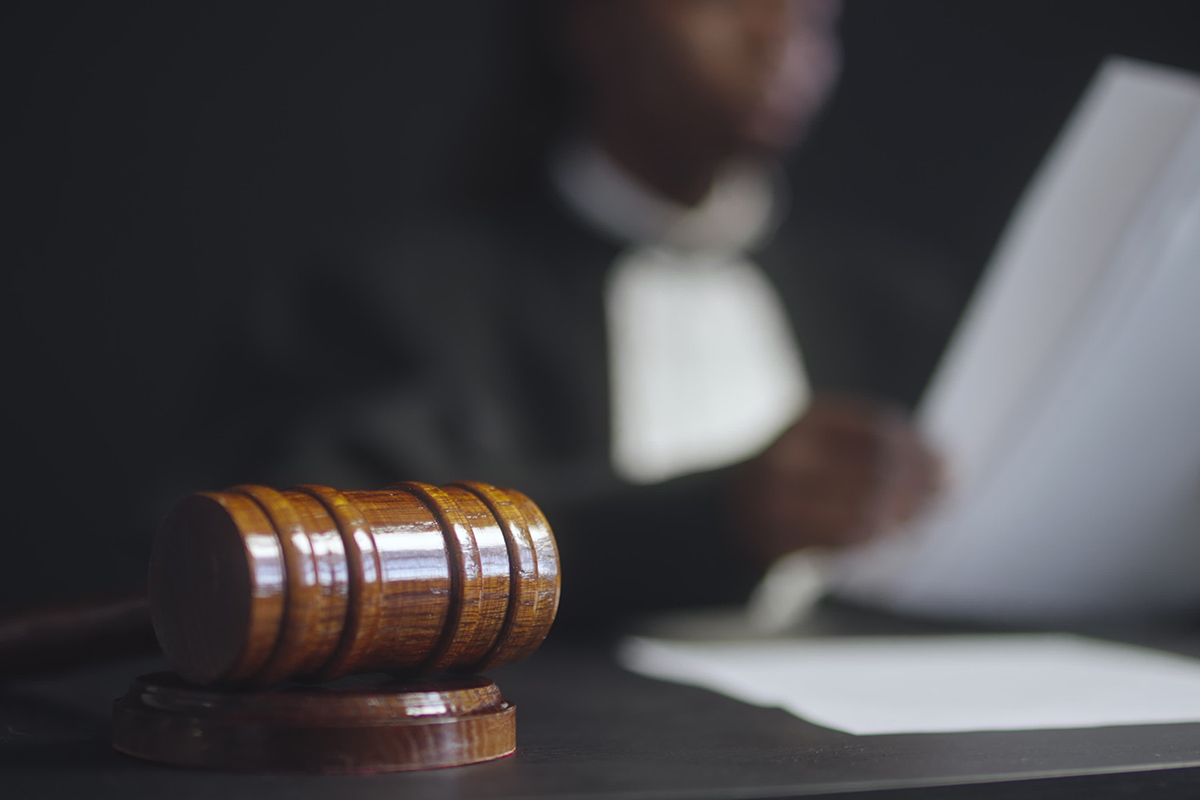Stigma and scars of coronavirus
August 26
Health workers and survivors of the coronavirus pandemic are facing another enemy: stigmatization and discrimination, and Ghana is no exception. Currently, the *World Health Organization (WHO) reports that there are more than 23 million confirmed coronavirus cases globally. Although 810,492 people have lost their lives to COVID-19, more than 10 million people have recovered from the virus. However, as with other infectious diseases, those who have been infected with COVID-19 face another uphill battle, writes Bismark Akoto, a 24-year-old Commonwealth Correspondent from Accra, Ghana.
Since the COVID-19 pandemic broke in December of 2019, the number of COVID-19 survivors who have been treated and safely discharged have so far outnumbered those who have unfortunately succumbed to the virus.
The impressive recovery rate, despite the unavailability of a vaccine, is to a large extent, the result of the sacrifices and dedication of health professionals who are working tirelessly day and night to keep the situation under control.
Unfortunately, despite the applause and goodwill shown to health workers in many countries around the world, many of their counterparts continuously battle stigmatization. In some cases, health workers face eviction from their homes even though, of all members of the public, they are the ones most likely to follow the necessary health precautions.
How can a frontline worker at this crucial time work effectively while battling eviction from his or her home? Imagine treating and caring for patients and returning home to face stigma by members of the same society you are trying to help. This is the ordeal of many healthcare givers in our communities.
The effect of this stigmatization is psychological stress. This stress can alter health workers’ focus and decision-making capabilities, which not only affects their wellbeing but can affect their management of the ongoing crisis.
Sadly, healthcare providers are not the only ones facing stigmatization. Many recovered patients have been denied re-admission into their communities for fear that they may continue to spread the virus to others. This is despite the fact that they have been declared free from the virus and do not pose any more danger to society than the next person. Survivors of coronavirus continue to battle stigmatization due to misinformation about the virus.
“Stigma will only drive people away from getting screened, tested, and treated, which has severe public health implications.”
In an interview with Africanews, a survivor from the Democratic Republic of Congo (DRC) said, “When they know it’s COVID, you’re stigmatized. My children were nicknamed COVID in the neighborhood, they are called corona”. Such stigmatization is not different in Ghana. One survivor’s story in a report by ghanaweb.com reveals that not only is his house tagged as a “COVID 19 house”, but local shops refuse to sell supplies to the family.
Such unfortunate experiences, according to local media reports, have led to a situation where some patients receiving medical care at one of Ghana’s COVID-19 treatment centers have refused to inform their relatives about their diagnosis. Others who have fully recovered fear to return home due to the possibility of being shunned.
Truth be told, the real enemy is the virus and not our neighbours who have overcome the infection. Stigma against them will only drive people away from getting screened, tested, and treated, which has severe public health implications.
To address this, it is important to share only authentic information related to the virus and to stop perpetuating negative labels against survivors. Also, let us appreciate the efforts of health workers and be supportive of their families.
One crucial way of doing that is adhering to public health protocols such as ensuring physical distancing and wearing face masks in public places, using hand sanitizers/hand washing, and avoiding unnecessary social gatherings, among others. This will not only contribute to flattening the coronavirus curve but will also ease the current pressure on frontline workers.
* WHO figures as at August 25, 2020.
Photo by cottonbro from Pexels
………………………………………………………………………………………………………………………………………………………
About me: I am currently a graduate student at University of Ghana’s Centre for Migration Studies, a safe migration advocate, an IBUILD Africa Peace Ambassador, and a proud Commonwealth Correspondent. Additionally, I have internship experience with Ghana Refugee Board, where I served as an Assistant. My current research focuses on the resilience of irregular migration from Africa to Europe. I am interested in issues related to migration, education and human rights. It is my vision to use my acquired knowledge to help make our world a better place.
…………………………………………………………………………………………………………………………………………………..
Opinions expressed in this article are those of the author and do not necessarily represent the views of the Commonwealth Youth Programme. Articles are published in a spirit of dialogue, respect and understanding. If you disagree, why not submit a response?
To learn more about becoming a Commonwealth Correspondent please visit: http://www.yourcommonwealth.org/submit-articles/
………………………………………………………………………………………………………………………………………………………






